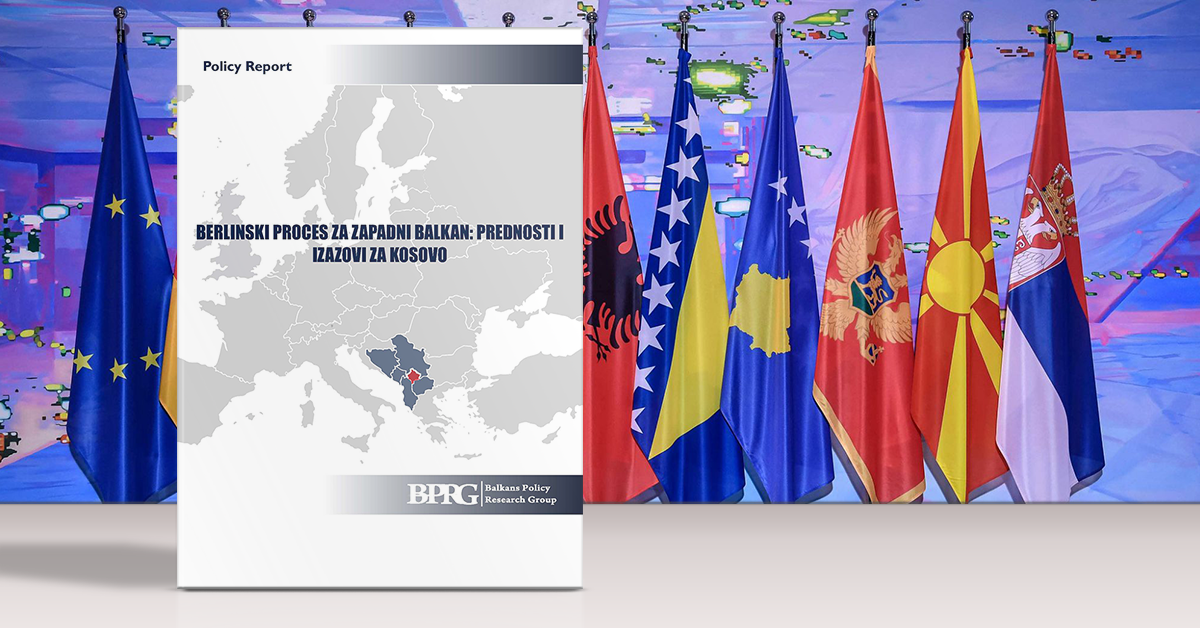The Berlin Process is a German-led initiative with a mandate to facilitate regional cooperation between the Western Balkans Six countries – Albania, Bosnia and Herzegovina, Kosovo, Macedonia, Montenegro and Serbia – to enable them to join the European Union (EU). The ‘Connectivity Agenda’ is the most important component which aims to link the WB Six together in the fields of transport and energy, which later expanded into youth exchanges and economic relations. Summits held in Germany, Austria, France and Italy established communication between Balkan leaders, designed several infrastructure projects and new regional initiatives. Ahead of the 2018 Summit in London, many pressing issues remain intact and cooperation between WB Six leaders is still far from satisfactory. The London summit must focus on topics that will resolve bilateral issues and promote reconciliation. Kosovo has benefitted considerably from being part of the Berlin Agenda. Yet, poor relations with neighboring countries and non-recognition from five EU member states hampers progress. Domestic concerns, including weak institutions and on-going crises have made Kosovo to perform low, in planning, coordination and implementation. The Berlin Process should not go away in 2018. It should go back to Berlin to be reloaded and incorporated into the Western Balkans EU Enlargement Strategy. This policy report offers an in-depth analysis of the Berlin Process for the region and its impact on Kosovo.
Read Full report: [The Berlin Process for the Western Balkans: Gains and Challenges for Kosovo]
Albanian Version: [Procesi i Berlinit për Ballkanin Perëndimor: Përfitimet dhe sfidat për Kosovën]

